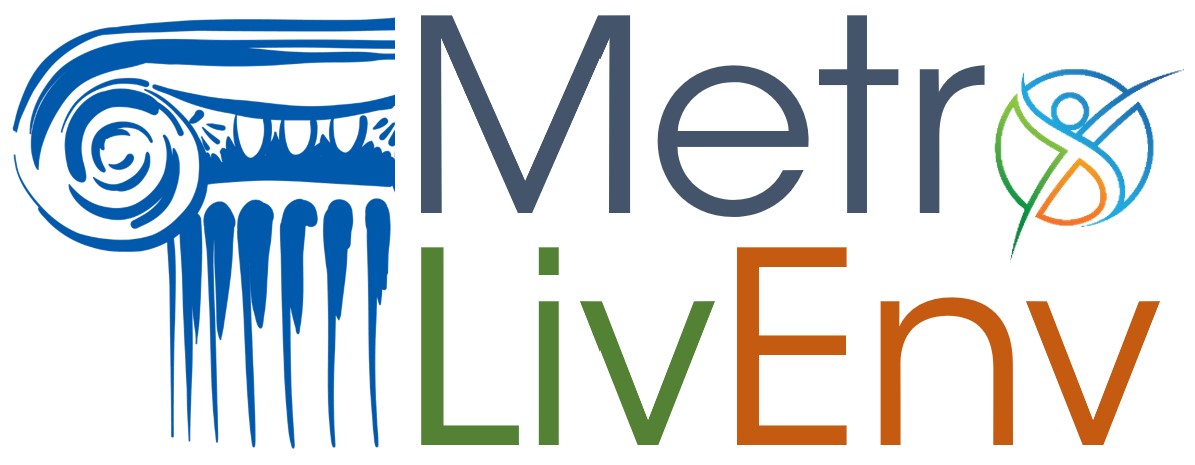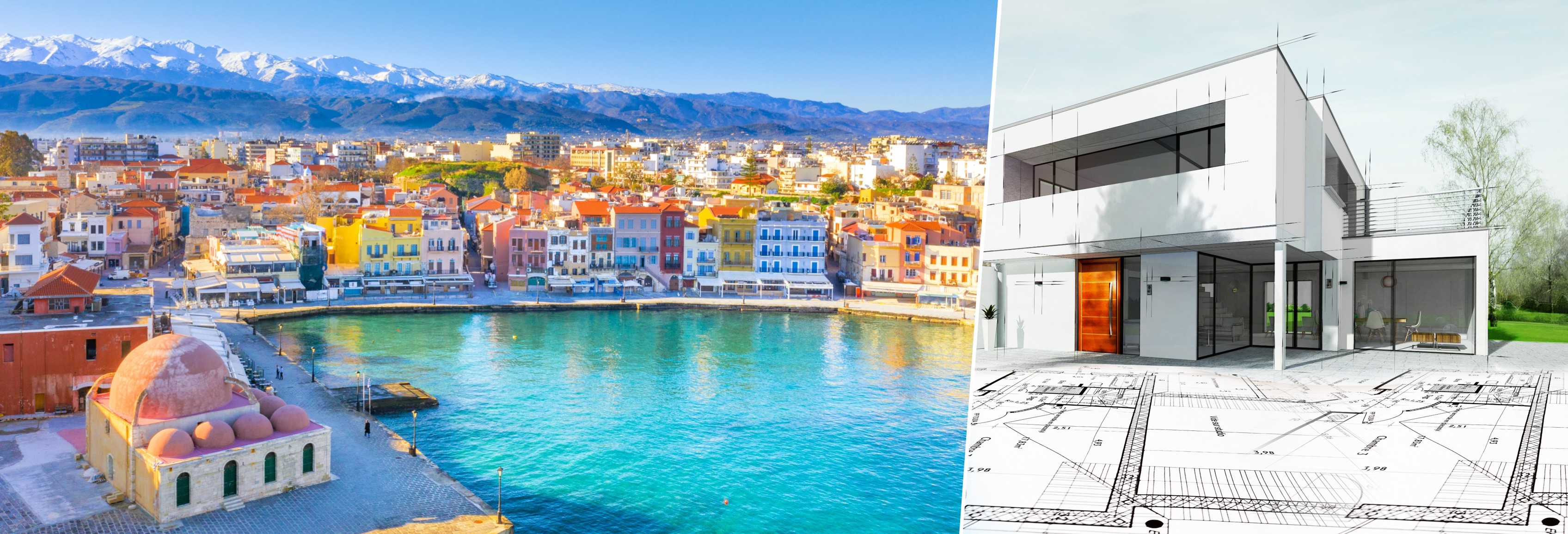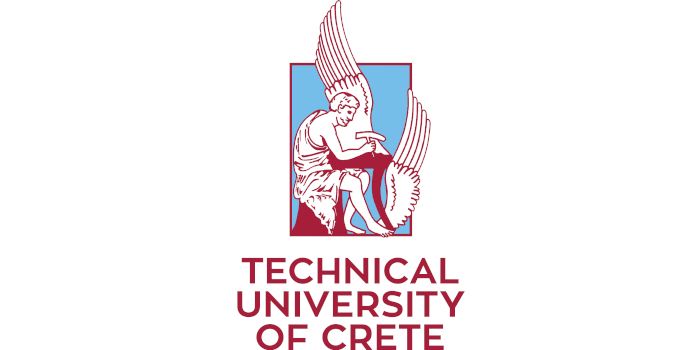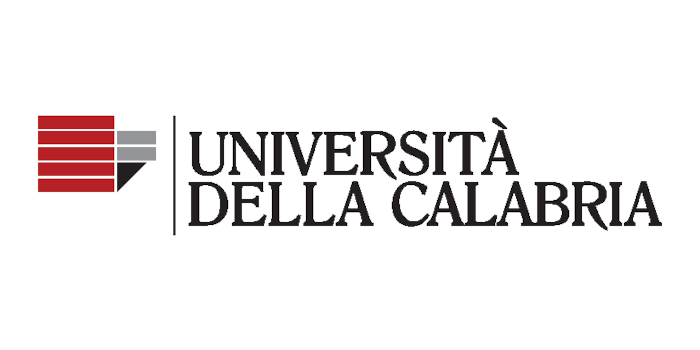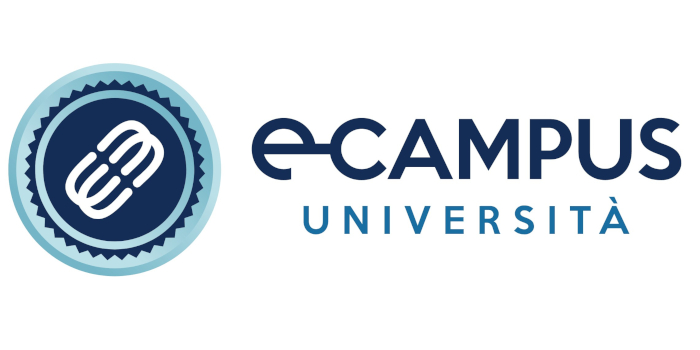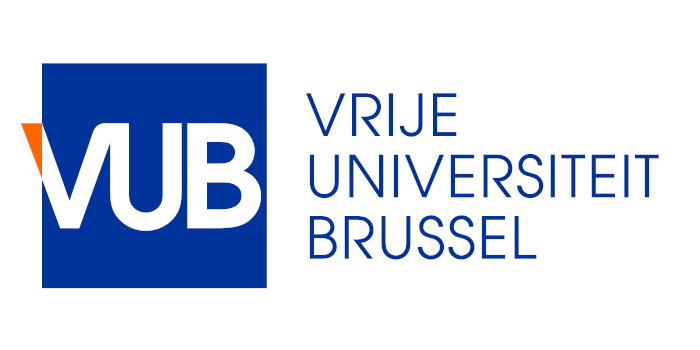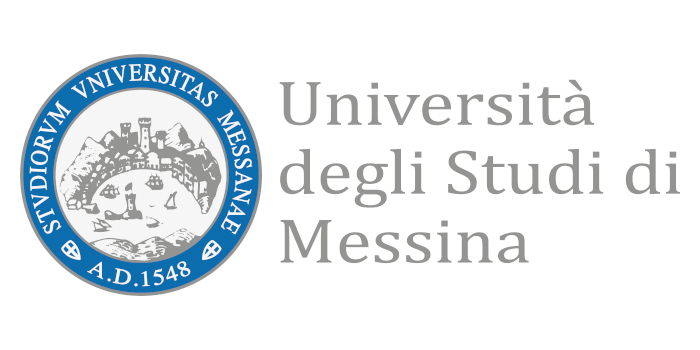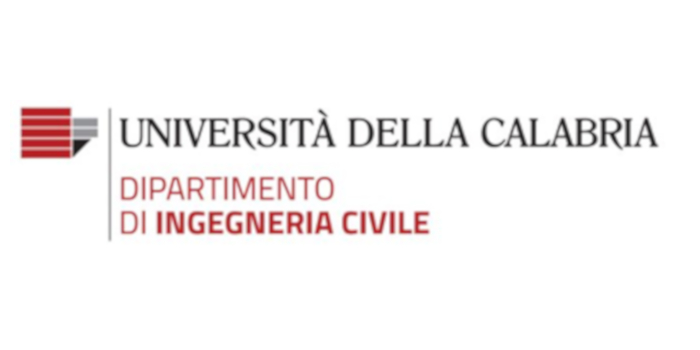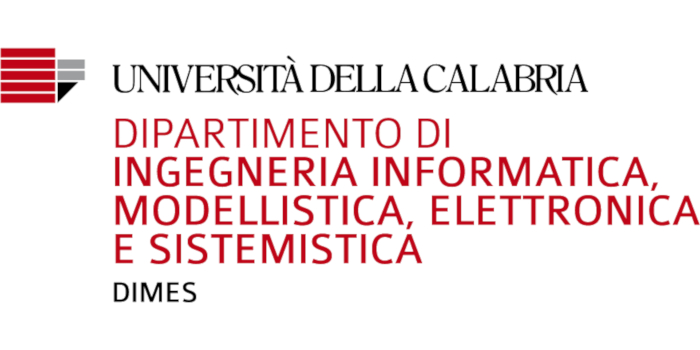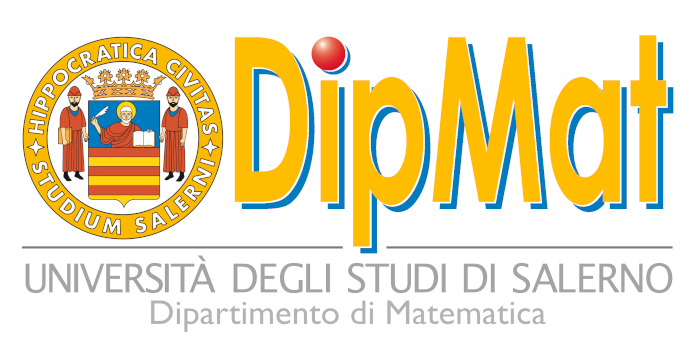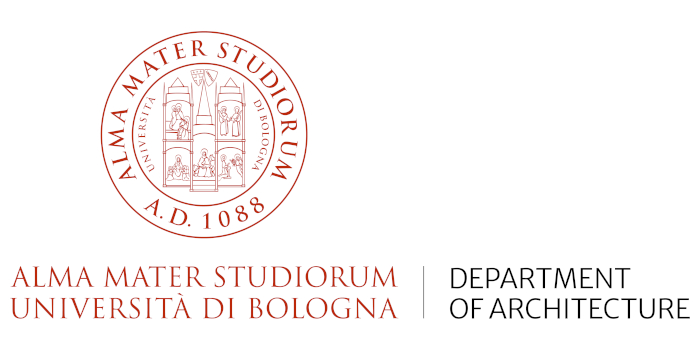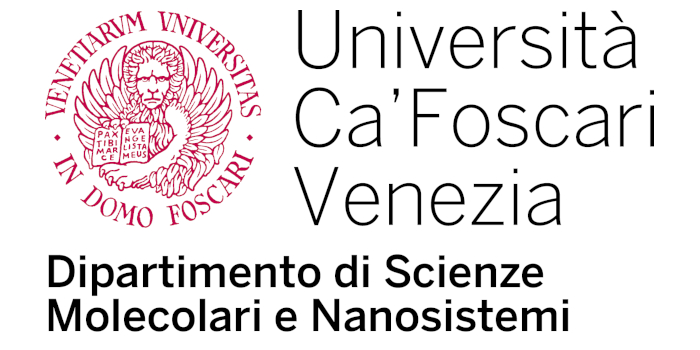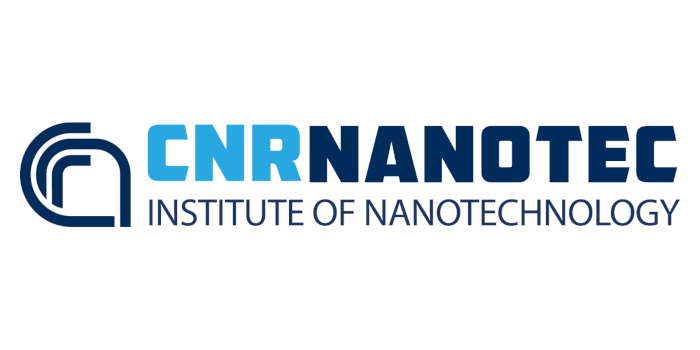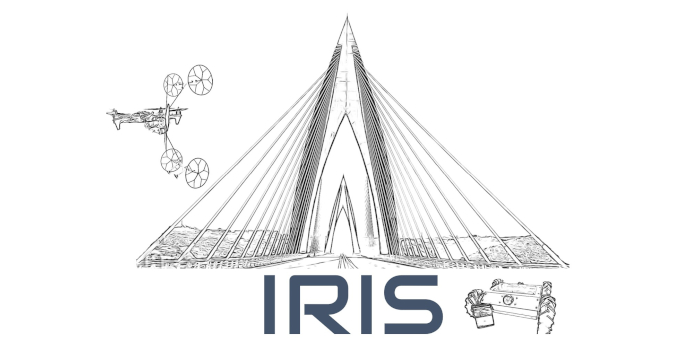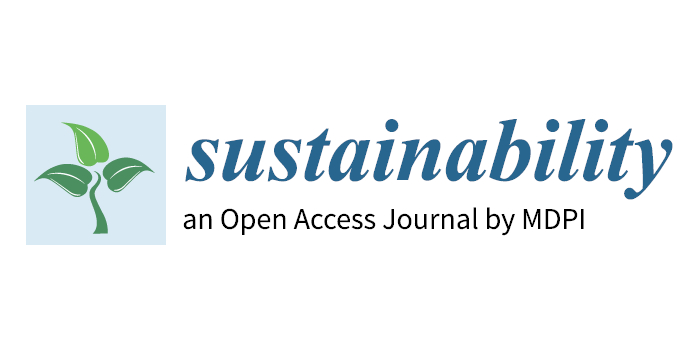SPECIAL SESSION #4
Measurement of Physiological and Environmental Parameters: Towards Optimized Personalized Comfort and Automated HVAC and Light Regulation in the Built Environment
ORGANIZED BY
Marco Arnesano
Università degli Studi di eCampus, Italy
Anna Laura Pisello
EAPLAB (Environmental Applied Physics Lab) at CIRIAF Interuniversity Research Centre. Department of Engineering, University of Perugia, Italy
Francesco Scardulla
Dipartimento di Ingegneria, Università degli Studi di Palermo, Italy
Sara Casaccia
Università Politecnica delle Marche, Italy
Gloria Cosoli
Università Politecnica delle Marche, Italy
Gian Marco Revel
Università Politecnica delle Marche, Italy
Ilaria Pigliautile
Environmental Applied Physics Laboratory, CIRIAF, University of Perugia, Italy
Veronica Martins Gnecco
Environmental Applied Physics Laboratory, CIRIAF, University of Perugia, Italy
ABSTRACT
The combination of environmental, physiological, and personal data can provide an insight on the occupants’ comfort and well-being, catching the subjectivity of comfort and related perception. This leads to the concept of personalized comfort, which can be analyzed through the so-called personal comfort models (PCMs). The information that can be derived with such an approach can be exploited to trigger the optimization of HVAC (Heating, Ventilation and Air Conditioning) and light regulation in the built environment, paving the way to the optimization of both comfort and energy consumptions. Artificial Intelligence (AI) plays a pivotal role in this context, but signal processing techniques are also fundamental to improve the quality of the collected data. In fact, relevant information can be obtained through statistical analysis among different groups and the performance of predictive models is inevitably influenced by data quality.
Wearable technologies and innovative on-the-shelf environmental sensors can contribute to the development of this research line, which is paving the way to the integration of PCMs in daily life of citizens, pursuing the improvement of well-being in a sustainable and energy-efficient way. Multidomain comfort is addressed through the integration of multiple sensors, collecting information on thermal, acoustic, and lighting conditions of the environment, air quality data, but also physiological sensors depicting the health and physiological status of the occupants.
This Special Session aims to promote the latest research contributions in this research field. Original papers are invited to be submitted pointing out studies on the development of measurement procedures and PCMs aiming at an energy-efficient regulation of the built environment as well as at the improving of the occupants’ comfort.
This Special Session is organized in the framework of WEPOP (‘WEarable Platform for OptImised Personal comfort project) project (PRIN 2022 program, Prot. 2022RKLB3J), aiming at developing a multi-sensing platform to drive and control a personalized environmental ecosystem.
TOPICS
Topics of interest include but are not restricted to:
- Environmental and physiological sensors applied in the built environment;
- Development of PCMs;
- Measurement procedures for comfort and well-being in indoor environments;
- Automated control of HVAC and light conditions in the built environment;
- Strategies for the optimization of thermal comfort;
- Artificial Intelligence for comfort assessment;
- AI for automated thermal regulation of the built environment;
- Uncertainty analysis in the assessment of comfort;
- Environmental and physiological signals processing pipelines.
ABOUT THE ORGANIZERS
Marco Arnesano, PhD in Mechanical and Thermal Measurements from Università Politecnica delle Marche, is an Associate Professor at eCampus University and Coordinator of Industrial Engineering courses (bachelor and master degrees). His research is focused on the development of innovative measurement systems for the built environment: energy and indoor environmental monitoring and control through the application of embedded and IoT sensors, physiological measurements, signal processing and data analysis. Research activities are conducted within European and National projects. He is the author of more than 60 peer-reviewed scientific publications for international journals and conference proceedings.
Anna Laura Pisello, is associate professor of environmental applied physics at University of Perugia, Italy where she founded the EAPLAB.NET (Environmental Applied Physics Lab Network), and visiting research associate at Princeton University (NJ, USA).
Dr. Pisello is author of over 150 scientific papers published in international peer-reviewed journals. She serves as an Associate Editor for "Solar Energy" (Elsevier) and as an Editor for "Energy and Buildings" (Elsevier) and "Nature Scientific Reports," among other roles.
She is an active member of the board of the Doctorate School of Energy and Sustainable Development, where she has mentored over 20 PhD students. She is also the Principal Investigator (PI) of the ERC Grant HELIOS.
Francesco Scardulla, MS in mechanical engineering, Ph.D. in technological innovation. Currently, he is an RTD-b of Mechanical and Thermal Measurements at the University of Palermo. His research is focused on thermal and mechanical measurements, development of measurement system, signal processing and data analysis aimed at different fields of engineering. Among other topics, his research is also focused on wearable technology, for biomedical applications.
In 2020 he is CEO and co-founder of Tripie, a spin-off that develops innovative wearable solutions to detect multiple cardiovascular parameters.
Sara Casaccia, is assistant Professor of Mechanical and Thermal Measurements at the Department of Industrial Engineering and Mathematical Sciences (DIISM) of Università Politecnica delle Marche (UNIVPM). Her research focuses on sensors and measurement techniques for supporting people in living environments (e.g. comfort, wellbeing), data processing to extract complex information (e.g. using AI), sensors for health, buildings and industrial applications.
Gloria Cosoli, received the B.S. degree in Biomedical Engineering (with honors) and the M.S. degree in Electronic Engineering (with honors) from Università Politecnica delle Marche (UNIVPM), Ancona, Italy, in 2011 and 2013, respectively. She received the Ph. D. degree in Mechanical Engineering from the same university in 2017 with a thesis titled “Study and Development of a Novel Radio Frequency Electromedical Device for the Treatment of Peri-Implantitis: Experimental Performance Analysis, Modelling of the Electromagnetic Interaction with Tissues and In Vitro and In Vivo Evaluation”. Since November 2016 to date, she has been a Postdoctoral Research Fellow with the Department of Industrial Engineering and Mathematical Sciences (DIISM) of UNIVPM. Her research interests focus on non-invasive physiological measurements and monitoring techniques, thermal and mechanical measurements, non-destructive monitoring techniques, numerical modelling, and signal processing.
Gian Marco Revel, is Full Professor in Mechanical and Thermal Measurement at Università Politecnica delle Marche, where he also plays the role of Rector Delegate for European Research. Main research interests are in the field of sensor and measurement technologies for industrial applications, with particular focus on the construction sector, building energy efficiency, in-field material characterization and non-destructive testing. He is Coordinator of the Material&Sustainability Committee of ECTP and Coordinator of the Italian Construction Technology Platform. He is author of more than 200 publications and Scientific Responsible for several projects (in both H2020 and Horizon Europe) in the area of technologies for Energy Efficiency and Materials in Buildings.
Ilaria Pigliautile, Ph.D., is an Assistant Professor in Building Physic at the Engineering Department of the University of Perugia (Italy). She is passionate about the existing mutual relationship in between people and the built environment, at different scales: from deepening indoor comfort theories and occupants’ behaviour affections, up to urban morphology and metabolism impact on the environment and citizens well-being. Graduated cum laude in Building Engineering and Architecture at University of Perugia in 2015. PhD in Energy and Sustainable Development in 2020. Her interest on human nature is also depicted by her interest on performing arts and theatre being also directly involved in several laboratories since 2008.
Veronica Martins Gnecco, is currently a PhD candidate in Energy and Sustainable Development at University of Perugia. Previously, she obtained bachelor's and master's degrees in the Federal University of Santa Catarina (Brazil), working to improve energy efficiency in buildings. Her research focuses on an analytical investigation of human comfort studies, associating different sensing systems (physiological and environmental) to obtain an objective signal of subjective perceptions.
